Rohlik Group's Vineta Bajaj talks global expansion, automation, Amazon tie ups and fund raising
This January marks two years since Vineta Bajaj joined European e-grocery retailer Rohlik Group as Chief Financial Officer. Her appointment followed a ten-year stint at Ocado Group.
During her tenure, she helped to transition the Ocado business from a pureplay retailer to a technology business licensing grocery technology and fulfilment globally. She also raised significant capital, led strategic M&A and supported the company’s international expansion. Her focus has been the same at Rohlik Group.
In March 2024, Rohlik Group reported sales of €700 million for its 2023 financial year, delivering 25% year-on-year growth. During 2023, more than 800,000 customers placed 11.5 million orders across its five markets.
In November, it revealed that it was generating more than one million monthly orders and had already achieved 42% year-on-year growth in the first half of the year. For the full year 2024, Rohlik is forecast to hit €1 billion in sales.
Bajaj says the business has achieved revenue growth of nearly 35% year on year since she joined and has reduced EBIRDA burn by over 50% year-on-year in each year of her two years in the job. The company is on track for group-wide profitability in 2025 and according to Reuters, Rohlik Group’s valuation has now nearly doubled from three years ago to €1.85 billion ($1.95 billion).
A clear focus
Achieving such positive results has required a clear focus and determination, according to Bajaj.
“When I joined in 2023 it was a hard year for online grocery and for consumer and ecommerce businesses. It was coming off the wave of Covid, with high inflation and cost of living challenges,” she says.
“Consumers were watching their wallets and they were also looking at how they approach certain types of shopping. The focus for Rohlik in the calendar year 2023 was very much for sustainable growth while building a sustainable company – meaning delivering double digit growth year-on-year with a view to reducing cash burn and becoming a cash positive business.”
Bajaj says this has been done by clearly defining and concentrating on the company’s key markets. “It means looking at your economics in a very detailed way and allocating resources on fewer, better, bigger focus points.” This involved scaling back from the seven countries in which it had a presence in 2023, to strengthen its presence in its core regions of Dach and CEE.
Today it operates in five markets with a different brand in each. “We expanded into every country under a different brand because we didn’t want to be this faceless, nameless retailer,” says Bajaj. The brands include Rohlik in its Czech homeland, Kifli in Hungary, Knuspr in Germany, Gurkerl in Austria and Sezamo in Romania.
A focus on Germany
Although international expansion has included a new warehouse in Czechia, and the automation of its Vienna warehouse, the priority for Rohlik has been growing its presence in Germany. “We focused in 2023 to prove that our model worked in a Western market,” says Bajaj.
The first Knuspr delivery van originally left its Munich warehouse on 12 August 2021. Initial success meant the delivery area was quickly expanded just a month after launch to include the cities of Erding, Freising and Augsburg. The company opened its second location in the Rhine-Main area six months later. In its first year of operation in Germany. 300,000 orders were delivered and the Knuspr.de served 90,000 customers.
In September 2022, Rohlik announced the commencement of automated storage and retrieval (ASRS) operations in Munich. A year later, in September 2023, the company acquired Bringmeister from Rockaway Capital through the Knuspr.de subsidiary in a deal led by Bajaj and Rohlik’s CEO and founder Tomáš Čupr.
Within a month Rohlik had closed Bringmeister’s Munich warehouse – one of two sites the company operated from – and had absorbed operations into its own fulfilment centre in Munich. Rohlik operated Bringmeisters’s second site in Berlin for four months while also implementing Rohlik’s automation, assortment and brand, says Bajaj.
The company then launched the Knuspr brand in Berlin in April 2024. Bajaj says the speed of being able to automate the warehouse and go live in the market, while also operating an existing operation, was key to success in what can be a challenging market, especially in a country where labour costs are three times that of a CEE market. “Automated warehouses is the lever to get to profitability, coupled with the proposition, the right assortment, the right pricing.”
Already profitable in the Czech Republic and Hungary, by November 2023 Rohlik was able to prove that it could deliver a grocery order profitably in Germany through its Munich warehouse. This was a big deal. “Noone has been able to deliver an online same-day grocery basket profitably in Germany [previously]. It’s something that many companies have looked at and it’s a market that many companies have gone into and left,” she says.
Additional investment
By early 2024, Rohlik Group was on the hunt for additional investment to fund its expansion plans, with the aim of establishing a presence in ten additional cities by 2030. It had previously secured €220 million in financing in June 2022.
“We went to look at raising money and engaging the existing investor base to see was there an appetite,” says Bajaj. “We had built such a healthy, sustainable business that we actually didn’t need money at that point in time. As a business we are expecting to be cash positive in calendar 2025 all things remaining constant. When you go to raise money not many businesses have that story. We could go slow and grow nice and comfortably year-on-year or we could 10X and dominate this industry.”
In June 2024, Rohlik announced that it had raised $170 million (€160 million) in fresh growth capital. The investment was led by the European Bank for Reconstruction and Development (EBRD), alongside existing investors Sofina, Index Ventures, Quadrille, and TCF Capital and complemented by growth capital funding from the European Investment Bank (EIB) under its Scale-Up Initiative.
Bajaj says it was a proud moment in her Rohlik journey. “It was actually cool for me personally to close the fundraise as the group CFO,” she comments, smiling.
“People can see that it is a healthy business. Not a healthy, boring business but a healthy 30% year-on-year growing business with a reduction in burn year-on-year. That’s not me cutting lots of headcount. We maintain good control and where we’ve been able to then we apply technology. We look at every role and ask: ‘Can this be replaced with some kind of automation’. We embrace a significant amount of AI and automation in our business and have an automation dedicated technology team that look at processes and automates them.”
Partnering with Amazon
As part of its German expansion plans Rohlik Group announced a partnership with Amazon.de in November 2024 to offer a new e-grocery service to Amazon Prime members in Germany. This would use Kuspr’s fulfilment technology, initially in Berlin.
Bajaj says that Amazon’s decision to hand the responsibility for logistics to Rohlik was the ultimate accolade. “The difference with our proposition to others is that most people who partner with Amazon will partner and Amazon will do the fulfilment for them. But we are doing our own fulfilment. That’s a signal from Amazon that there’s a player in the industry whose logistical fulfilment is up to such a level that they are happy for their customers to have that service,” she says.
Within a week of Knuspr.de going live in its Berlin site Amazon announced it was closing its Amazon Fresh offer in Germany from mid-December leaving Knuspr.de as the supplier. By early December, Knuspr had also gone live on Amazon in Munich and Frankfurt in addition to Berlin.
Bajaj says the two businesses are perfect partners. “The partnership and the relationship is really positive and really strong. The great thing about the Amazon and the Rohlik tie-up is that the one thing that’s really important to Amazon is the customer. The primary ingredient in our business is [also] the customer. Having two customer-obsessed businesses partner together– even if it’s just in three cities – means we are all speaking the same language which is fantastic.”
There’s lots more to come too, explains Bajaj. “We are only in three cities in Germany and part of the fundraising story that we published was that we raised money with a plan to focus on German growth and expansion. Rohlik continues to see its focus on making our existing countries profitable and growing them and investing in our Dach story. That means that we’ll have more cities to expand into, both as a business and as a partner.”
And once again technology and automation will be at the heart of those plans. “We are a technology business proving our know-how through grocery. When you look at how automation leverages profitability in central eastern markets and western markets it’s absolutely a game changer and there’s more coming,” she says.
“The retail business is really healthy. We’ve got really strong margins. The future of our business is automated warehouses and our return on our warehouses is under four years. We invest in strong technology teams and developers to continually automate our back office and warehouse processes over and over. This significant investment has obviously led to more losses in the build phase of our business but we are reducing burn year on year and I’m expecting the business to be cash flow positive in calendar 2025 all things remaining constant.”
“We are focusing on the right key areas. That will unlock the ability to invest in other key areas. There’s a lot more opportunity here in the business – we’ve barely scratched the surface. I definitely see us as an active leader in the industry when it comes to online pure play as well as technology. There’s a lot more happening,” she teases.
Timeline:
May 23 - Hungary turns EBITDA positive
Sep 23 - Acquisition of Bringmeister (€100m revenue online pure player in Germany)
Oct 23 - Launch of Ostrava warehouse (3rd city in Czechia)
Nov 23 -
Munich CM2 Profitable
Automation of PRG2 FC
Feb 24 - Frankfurt Automation launched
Apr 24 - Automation of Bringmeister Berlin and transition to KNUSPR business model
Jun 24 - $170 million fundraise closed
Oct 24 - Vienna automated and relaunched
Nov 24 - Launch in Berlin on Amazon Fresh
Nov 24 - Amazon Fresh announces closure in December in Germany
Dec 24 - Munich & Frankfurt launched on Amazon Fresh




















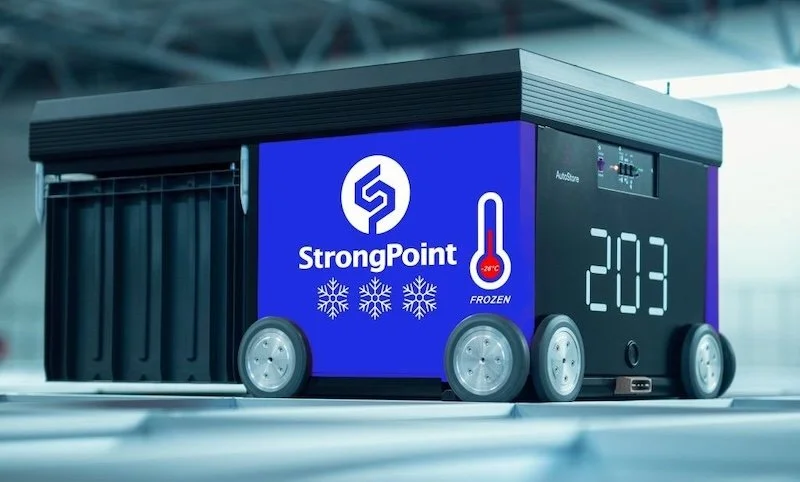

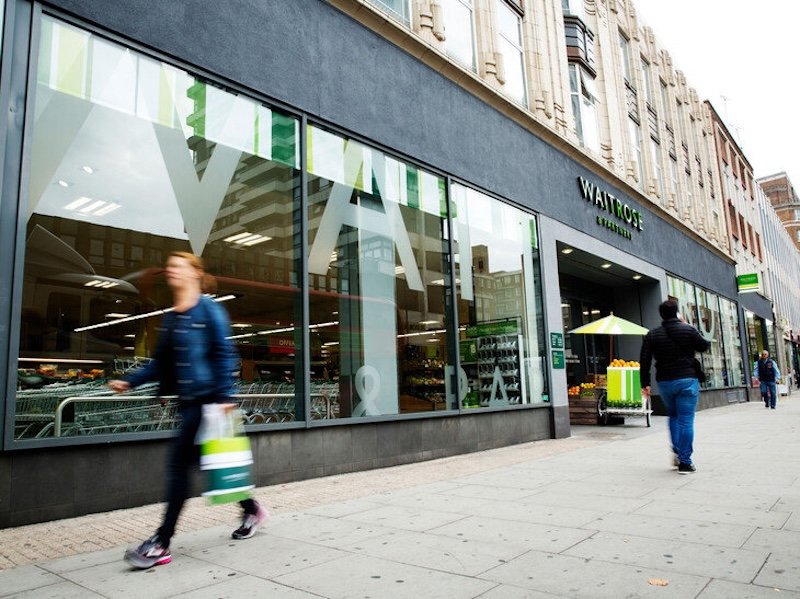


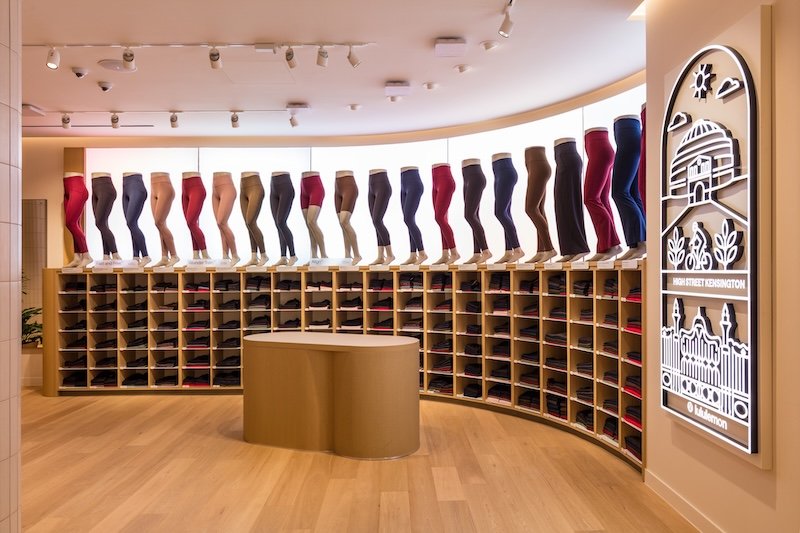



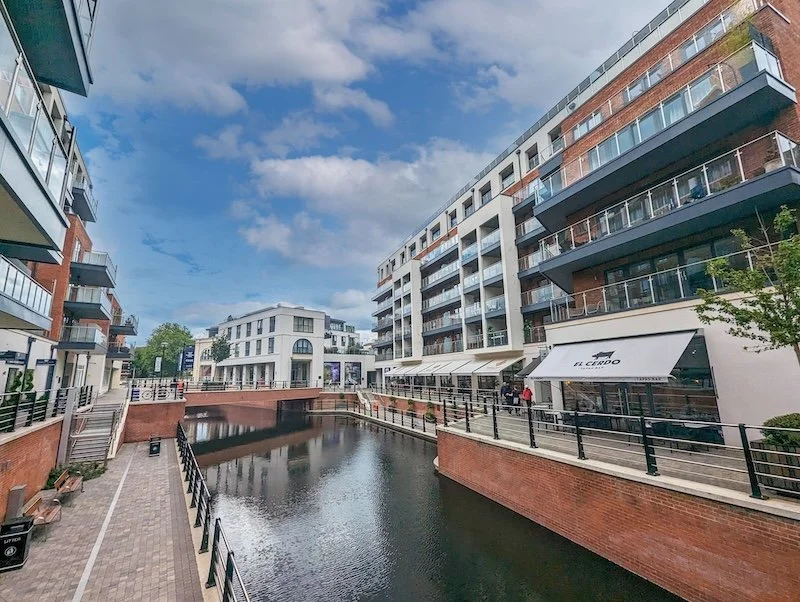
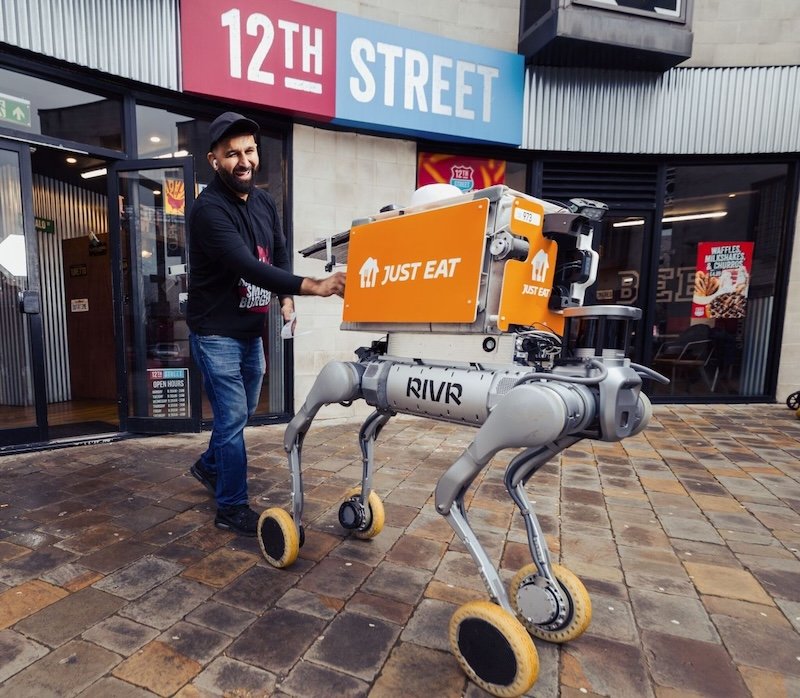

Continue reading…